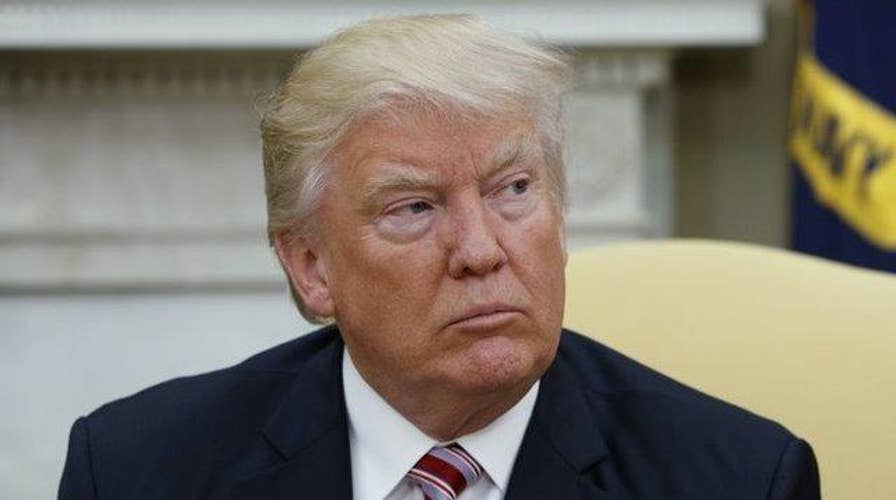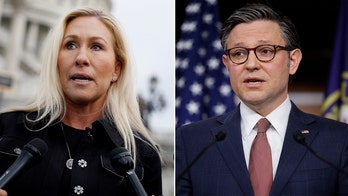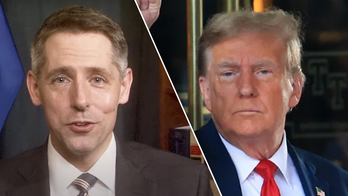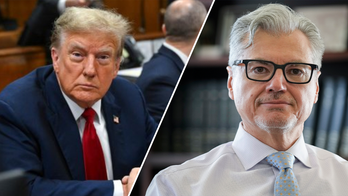What we know about who's under investigation in Russia probe
Former CIA military analyst Tara Maller weighs in
It’s now an understatement to say that the investigation of President Trump and associates is dominating the news.
The probe, and everything associated with it, is the basic narrative of the Trump administration, as woven by the mainstream media.
Other issues flare up from time to time. The U.S. shoots down a Syrian fighter. The Senate is laboring to produce a health care bill. North Korea sends a captured American student home to die. The shooting of Steve Scalise and four other people at a baseball practice. The media cover these developments intermittently, but always revert back to scandal mode.
If you hang around Washington long enough, you live through many of these cycles, and sometimes the focus is clear. Watergate was about whether Richard Nixon had acquiesced in burglaries, spying and trampling on constitutional rights. Iran-contra was about whether Ronald Reagan secretly traded arms for hostages. Bill Clinton’s impeachment was about whether he lied to cover up an affair with an intern.
But there have been other investigations that were endlessly complicated and murky, such as the Valerie Plame leak probe, which sent reporter Judith Miller to jail for protecting her sources but was hard for mere mortals to follow. The original Whitewater probe of a failed Arkansas land deal was fairly impenetrable until it shifted to Monica Lewinsky.
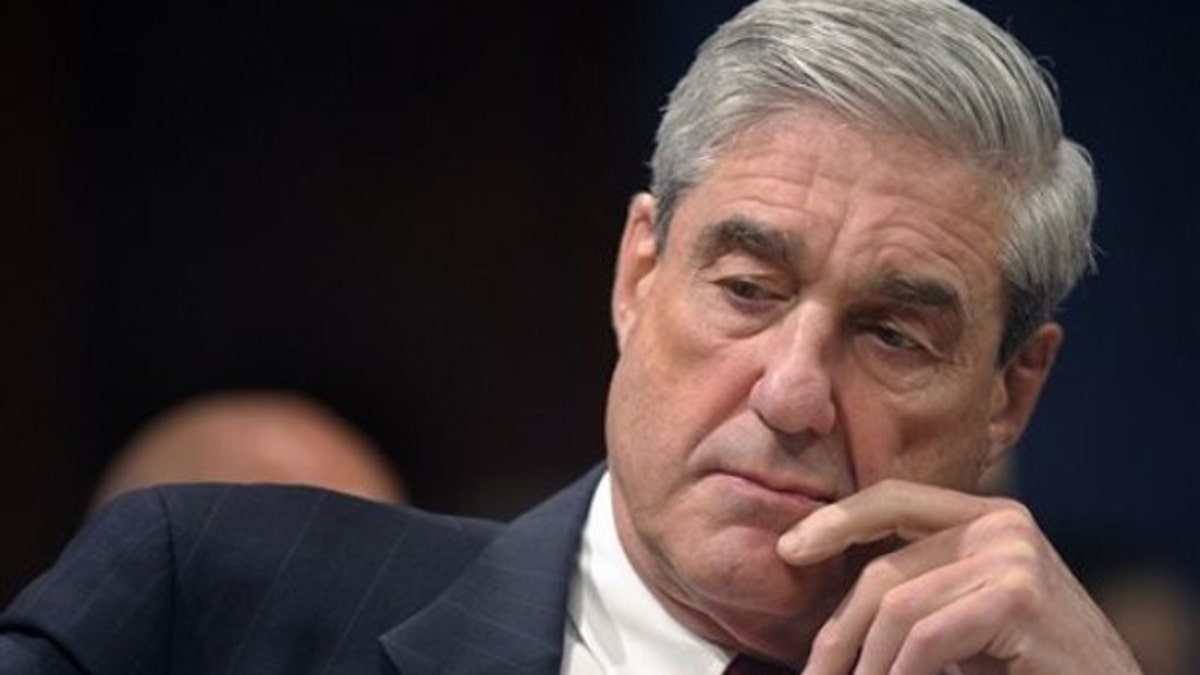
FILE: Feb. 2, 2012: FBI Director Robert Mueller testifies on Capitol Hill in Washington, D.C. (AP)
The Robert Mueller investigation seems to permeate our culture, in part because it involves Trump, in part because the media are so invested in it, and in part because there are so many leaks.
But here is David Brooks, the moderately conservative New York Times columnist, saying it is striking how little evidence there is “that any underlying crime occurred.”
What’s equally striking is that Brooks has been a vociferous critic of Trump since the campaign, assailing him in harshly personal terms (comparing him to a 7-year-old boy, among other things). He is hardly carrying water for the president in questioning the probe yesterday:
“There is something disturbingly meta about this whole affair.
There’s just something worrisome every time we find ourselves replacing politics of democracy with the politics of scandal. In democracy, the issues count, and you try to win by persuasion. You recognize that your opponents are legitimate, that they will always be there and that some form of compromise is inevitable.
In the politics of scandal, at least since Watergate, you don’t have to engage in persuasion or even talk about issues. Political victories are won when you destroy your political opponents by catching them in some wrongdoing. You get seduced by the delightful possibility that your opponent will be eliminated. Politics is simply about moral superiority and personal destruction.”
We can debate how our politics became laser-focused on personal destruction. Republicans point to the Democrats blocking Robert Bork (producing the verb borking), using sexual harassment allegations against Clarence Thomas, undermining George W. Bush after the recount and now leading the Trump resistance. Democrats point to Newt Gingrich going after Speaker Jim Wright and then Clinton, the birther conspiracy against Barack Obama and the demonization of Hillary Clinton. It no longer matters who started it; everyone knows that politics has become poisonous.
Brooks adds that “the politics of scandal is delightful for cable news,” and he’s right. It provides a melodramatic plot and a forum for endless left-right arguments.
The party being investigated always says it’s a distraction from the country’s real business. Nixon said that others could wallow in Watergate. Bill Clinton’s wife blamed a vast right-wing conspiracy, and that era launched the group MoveOn.
But what if we can’t move on? We could be in for years of scandal-mongering, without any clear finding of wrongdoing by Donald Trump.
